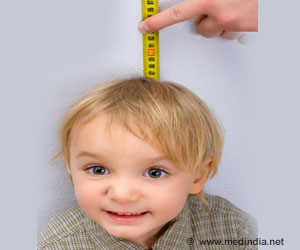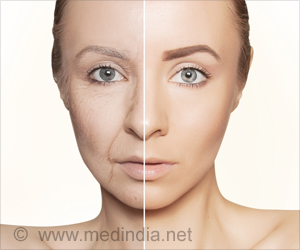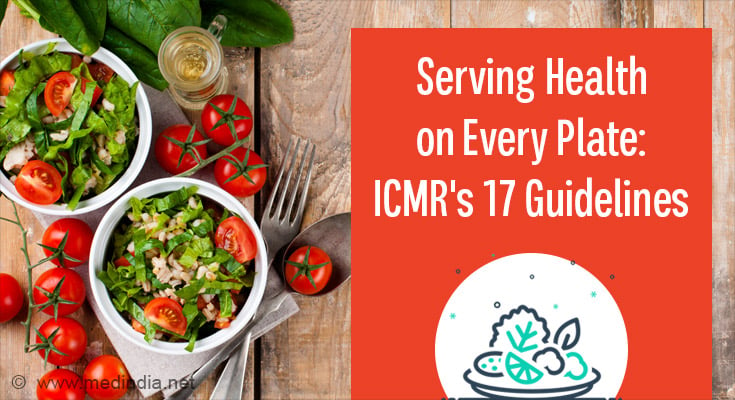In contrast to many European health systems, monitoring child growth has not been a priority in the UK and serious, treatable conditions are often diagnosed late.
Growth failure may be the first and only sign of many chronic childhood diseases or indicate a specific growth disorder such as growth hormone deficiency (1 in 4,000 children), Noonan and Turner syndrome (each 1 in 2,500 children), and SHOX deficiency (up to 20% of undiagnosed short stature).
A reliable and accurate method for parents and carers to monitor growth at home could be a cost-effective and convenient strategy to identify those children in need of a medical referral.
An interdisciplinary group, led by Professor Helen Storr, at Queen Mary University London, has developed a user-friendly app called ‘GrowthMonitor’ to do just this.
Later they did the pilot testing of the ‘GrowthMonitor’ app in 79 children, showing that height data measured by the app were highly accurate when compared to gold standard clinic stadiometer measurements.
The app uses a simple traffic light system, based on predetermined threshold heights, to inform parents that growth is either normal (green), to continue monitoring (amber) or to seek medical advice (red).
Following the positive pilot data obtained in a hospital setting, further testing is now underway assessing the app’s usability in the home environment. This phase is critical in evaluating the app in the hands of parents and carers, away from the hospital.
In line with the government drive to digitize healthcare, this type of app-based technology provides a model for healthcare innovation that is both cost-effective, convenient, accurate, and reliable.
Engaging patients, parents, and carers in monitoring childhood growth is empowering and also raises awareness of important and potentially treatable conditions.
Source: Medindia



